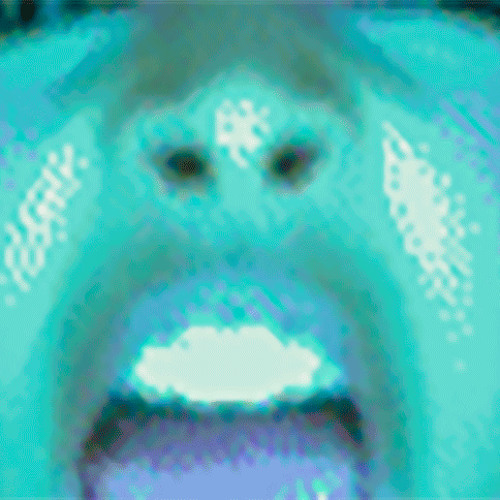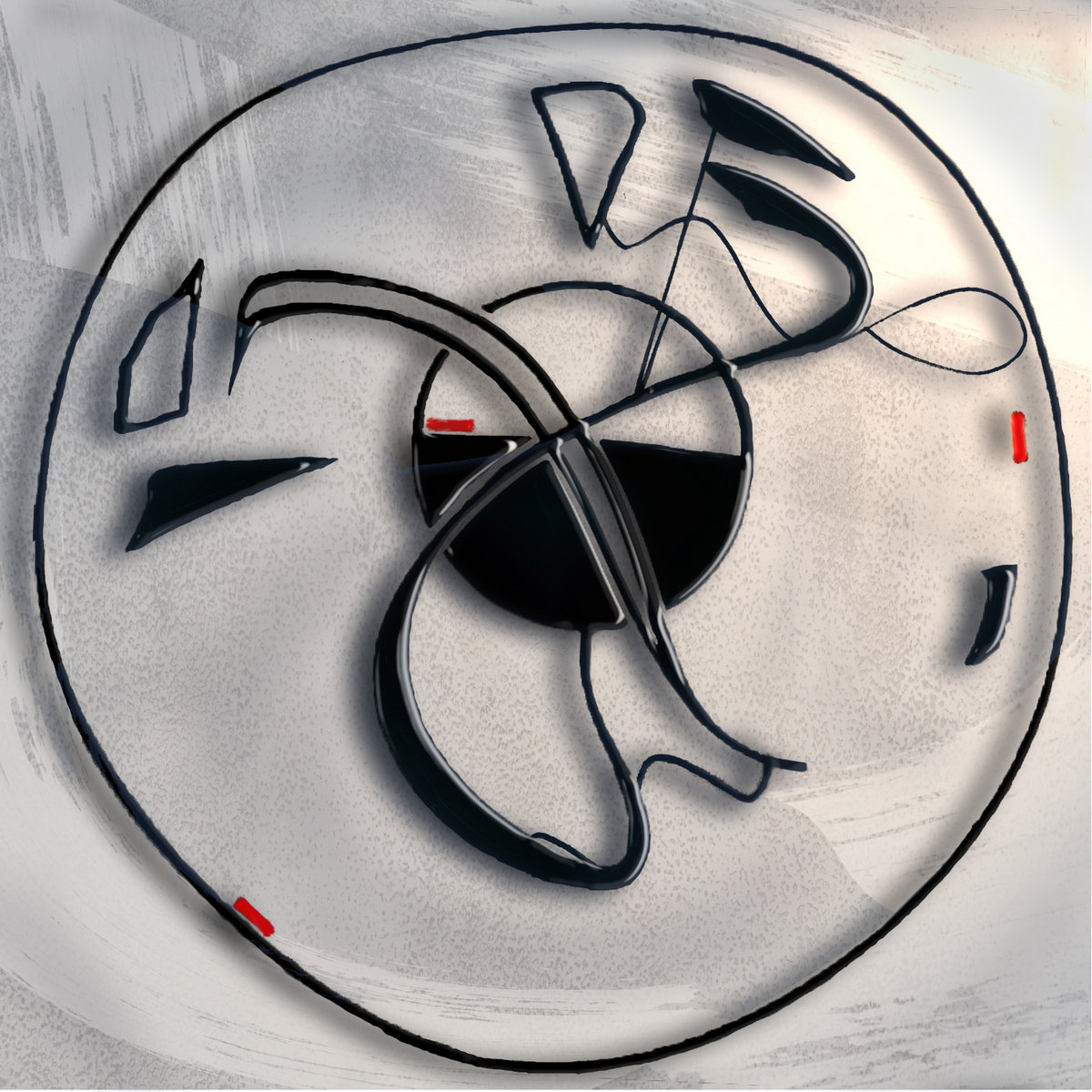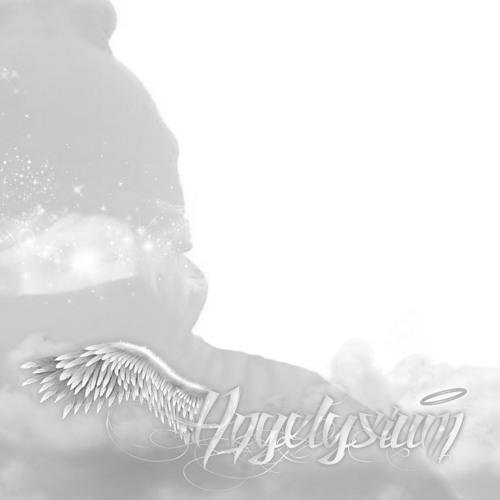chukwumaa, a musician and artist who appeared in August's System Focus - headlined 'The Voices Disrupting White Supremacy Through Sound' - contacted me about framing the music as 'disrupting white supremacy.' I thought his response was important and justified, and it's posted here, [sic] and with permission:
ive been ruminating on it and its implications for a minute and come to
think about the scope of the multifarious, nuanced and inventive sounds
of the artists involved. I think framing it as "disrupting white
supremacy" is painfully de-centering and still framing these artists in
relation to whiteness in a way that is simply not explicitly expressed
by any of the folks mentioned. i doubt any of the artists create this
music with a sole motivation of disrupting white supremacy.
i *do* however believe the artists involved were able to develop (and
continue to develop) frames of reference *outside* of whiteness. for
someone whose default frame of consumption may be chiefly steeped in
whiteness, this may come off as a "disruption", but thats more to do
white the perceiver than the perceived. it may have been more apt to
frame these musics/processes/ideas as a *departure* from
musics/processes/ideas that center whiteness.
chukwumaa's work and other links can be found on Soundcloud, here.
Monday, 17 August 2015
System Focus: The Voices Disrupting White Supremacy Through Sound
chukwumaa and E. Jane of Philly duo SCRAAATCH. Photo by Liz Barr
August's System Focus is on rising networks of African and Afrodiasporic artists disseminating their music in solidarity, along with some cultural context (click here to read). Featuring Chino Amobi, NON, Angel Ho, Nkisi, Serpentwithfeet, SCRAAATCH, E. Jane, chukwumaa, embaci, Brandon Covington, Elon, Butch Dawson, Kayy Drizz, Dog Food Music Group, Violence, Mykki Blanco, Psychoegyptian, Yves Tumor etc.
Back in December, angry New Yorkers gathered to sing "They Don't Care About Us" following the decision not to indict Eric Garner's killer, a police officer. The song's lyrics were written on a placard during a protest against the Ferguson police department in the wake of their fatal shooting of Michael Brown. It also provided the soundtrack to the Baltimore protests in response to the death of Freddie Gray in police custody, danced to by a Jackson impersonator amidst the chaos of helicopters and sirens... The song has recently found new layers of meaning and urgency in the context of the continuing struggle against racist police violence, now taken up by the Black Lives Matter movement...
It's no wonder that African and Afrodiasporic artists are choosing to disseminate music in solidarity. In many cases, this creative decision is a strategy for dealing with the alienation that is so often a part of Afrodiasporic experience. As the London-based writer Kodwo Eshun puts it in his 2003 essay Further Considerations on Afrofuturism: “the condition of alienation, understood in its most general sense, is a psychosocial inevitability that all Afrodiasporic art uses to its own advantage by creating contexts that encourage a process of disalienation.” And yet in the continuing environment of white supremacy, this creativity is routinely either erased, appropriated, or confined to narrow and fetishized aesthetic areas...
“In no uncertain terms, the Intent of NON is to run counter to current Western hyper-capitalist modes of representation and function, exorcising the language of domination through the United Resistance of policed and exotified colored bodies,” NON’s email continued. “At a time when national (market) state financial and political systems are tested as never before, NON shall remain committed to the militant realities and potentials of ‘The NON State.’ NON came into existence through the Pan-African desire for representation on our own terms.” As stated on their Soundcloud page, NON artists are "using sound as their primary media, to articulate the visible and invisible structures that create binaries in society, and in turn distribute power..."
Serpentwithfeet
One of the most beguiling and exciting voices to have emerged from underground music in recent times, Serpentwithfeet also appears on another track that NON reposted on their Soundcloud. Titled "Total Freedom," it finds the singer winding himself delicately around rising and falling tones, including those of an mbira. In an interview for Dazed, he discussed his self-described “PaganGospel” creed for living and said, “I am always ready to pierce things with my black-queer cutlery. I am constantly looking for ways to make my music extra gay and extra black...”
SCRAAATCH is an art and sound double act, originally from Washington DC and now based in Philadelphia, who often perform live. It consists of artists E. Jane and chukwumaa—read interviews with them here and here—and, along with the New Jersey born DJ Haram, they run the monthly Philly "club-not-club" night ATM. Also negotiating race, gender, queerness, mental illness, and the digital world in her artwork and photography, E. Jane makes sounds and edits under the names E_SCRAAATCH and Mhysa, typically with a glitchy, spectral take on R&B. Try their / her Soundcloud playlist I Have To Say No So Much Right Now, especially its magnificent title track. About their / her artwork, E. Jane said in a recent interview with The Offing, "I came to the conclusion that I am black and I am a woman, my body is thoroughly Black American and it is perceived as woman. Then I realized that means my body is not a 'safe' body. My body is an unprotected body. I started asking myself how we protect unprotected bodies? What if the body were code? What if the body were only a simulation? What if I could exaggerate how inhuman I feel?" Her partner in SCRAAATCH, chukwumaa, was born in Nigeria and "on a plane to the US the first week of [his] life." He also engages experimentally with pop as plus_c—the track "quadrille_club_bing" uses a Vine recording of "They Don't Care About Us" being sung during the Baltimore uprising, mixed into a distorted club beat and resonant tones like metal being brushed and played with a bow. He also made an installation consisting of twenty-one burner cellphones playing Beyoncé's "Flawless," which turned the song into a waterfall...
Thumbnail for E_SCRAAATCH's 'I Have To Say No So Much Right Now'
Chino Amobi appeared on [Blasting Voice], as did cross-U.S. artist Violence, who is soon to appear on the inaugural release of a new label founded by rapper Mykki Blanco called Dogfood Music Group. Due September 18th, the release will be a compilation titled C-ORE, featuring tracks from Violence, California’s Yves Tumor, NYC rapper Psychoegyptian and Blanco himself. "We are a group of friends who have created a release that represents a slice of what we're into, our culture and what we want to show the world," Blanco has said about the collection. "People all over the world are only fed this singular image of 'African American Music' and we want to disrupt that. We all come from backgrounds outside of the black American norm, and the world deserves to see our culture as much as anything else..."
C-ORE
Needless to say, the artists mentioned here aren't the only African and Afrodiasporic artists making challenging and beautiful music in the underground, just a few constellations—there are countless more voices out there. As it has been for centuries, since the traumatic dawn of modernity, finding such voices through music is not just a leisure activity, as it is marketed to many of us. It's part of the urgent and fundamental search for self and identity in a world that not only erases that identity, or appropriates it, or predetermines it, or constrains it, or renders it fragmented and ostensibly paradoxical, but that also systematically commits physical violence upon people of that identity. This is why so many artists with minority status end up in underground music—this is why they are underground music. Fortunately, the underground can form spaces and networks where identity matters, is audible, and becomes visible.
System Focus: Why Today's Underground Club Music Sounds Cybernetic
Celestial Trax's Ride or Die
July's System Focus was on a particular strain of club music with a cybernetic feel, along with some incidental reflections on calling it 'club music' (click here to read). Featuring Night Slugs, Fade to Mind, Keysound Recordings, Liminal Sounds, Her Records, Sentinel, Amnesia Scanner, J.G. Biberkopf, D.J. New Jersey Drone, Track Meet, Bootleg Tapes, P4N4, Velkro, #FEELINGS, CELESTIAL TRAX, Tallesen, WDIS, Gewzer, Gronos1, Magic Fades, SPF666, Korma, Team Aerogel, Infinite Machine, Roller Truck, Tessier-Ashpool Recordings, IMAMI, Cloaka, Spurz, Kadahn, Gel Dust, Dviance, Partisan, Sharp Veins and Lit Internet. Nb/ this article should have said a bit more about the style's relationship to Jersey Club, Bmore Club and Philly Club.
There has been a slow but sure shift in the way the underground talks about one of its key areas: "dance music" has become "club music." The major reason for this is probably that it differentiates it from Electronic Dance Music (EDM), the name that, despite its generality, has come to stick more specifically to the recent explosion of big name, big crowd, big show parties held outdoors, particularly across the U.S. "Club music" is not that—it's a more intimate, enclosed environment, both in the physical spaces it describes and in the community that enters and honors those spaces, whether real or imagined...
DJ New Jersey Drone's Energy EP
This kind of music was pioneered by transatlantic labels like Night Slugs, Fade to Mind, and Keysound, and mixes together rebooted ballroom/vogue house and the new wave of instrumental grime, all with a stark, hi-tech machine sheen. It was soon developed further on tight, intense and ice-cold shorter releases by artists on London's Liminal Sounds such as Brooklyn-based producer Copout, and particularly those on fellow UK label Her Records, such as DJ Double M, Sudanim, CYPHR and Kid Antoine. It's a style that is enjoyed by the sort of musicians and fans who don't like to name styles, but instead allude to hybridities of aging categories like house, techno and grime...
Korma's ZGMF-X19A
What makes this music so good to run to? It has a high tempo which keeps urging you relentlessly forward. But it's more than that. It embodies progress and athleticism in its very sound (unsurprisingly, it's the soundtrack to health goth) not in a merely beautiful way, but with a frightening dose of the sublime too. Because as in both running and culture, forward motion isn't nice, easy, or moral—it's laced with anti-humanistic pain, aggression and dissolution, crashing euphoria and dysphoria together in a bodily blur of hormones and neurotransmitters. As muscles grow and become more supple, as lungs become cleaner and the brain less resistant, so technoculture improves: motors, alloys and power supplies increase in efficiency, pixels shrink and multiply, and digital intelligence grows more independent of yesterday's humanity. Organic, machine—it's all the same in the struggle of kinetic matter. All this seems apt as I schlep my loathsome fleshform across the tarmac in a futile bid to flourish, or at least survive the oncoming war...
Cloaka's Adapt
One particularly fascinating and powerful release is Lit Internet's Angelysium, which features collaborations with some of the producers on the _VIRALITY compilation as well as South London producer Endgame (who was in last month's tresillo column). Cinematic almost to the point of telling a story, if Angelysium ever gets into a groove, it's likely to vanish suddenly into the vast mists, giant machinery and assorted percussive enigmas. The empty spaces that characterise the stop-start textures of eski grime become yawning chasms thick with tension and potential assailants, yet also with melancholic distance.
Lit Internet's Angelysium
All this is just another reason why the category "club," while it does a lot to hone in on specific and, in many ways, desirable qualities in dance music, can only go so far. "Dance" is a more intangible, open-ended concept, something that can happen anywhere and is directly related to the body and activities like running and other forms of exercise, the body being even more intimate and present than the club that might temporarily enclose it. Dance is music that moves you.
Subscribe to:
Comments (Atom)












